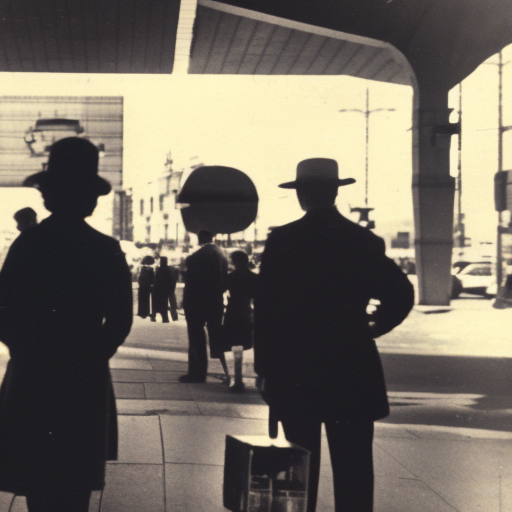The Wilmot Proviso (1846)
The Wilmot Proviso was a proposed amendment to a bill in the United States Congress in 1846. It aimed to ban slavery in any territory acquired from Mexico as a result of the Mexican-American War. The proviso was named after its sponsor, David Wilmot, a Democratic representative from Pennsylvania.
Background:
The Mexican-American War had sparked a debate over the expansion of slavery into the newly acquired territories. The United States had gained vast territories, including California, New Mexico, and parts of Arizona, Nevada, Utah, and Colorado, through the Treaty of Guadalupe Hidalgo in 1848. The question of whether these territories would allow slavery or be free became a contentious issue between the North and the South.
The Wilmot Proviso:
In August 1846, David Wilmot introduced the Wilmot Proviso as an amendment to a bill that would appropriate funds for the Mexican-American War. The proviso stated that slavery would be prohibited in any territory acquired from Mexico. Wilmot argued that allowing slavery in these territories would be unjust and would give the South an unfair advantage in the expansion of slavery.
Debate and Controversy:
The Wilmot Proviso ignited a fierce debate in Congress and across the country. Supporters of the proviso, mostly from the Northern states, argued that it was necessary to prevent the spread of slavery and maintain a balance between free and slave states. They believed that allowing slavery in the newly acquired territories would violate the principles of the Northwest Ordinance of 1787, which prohibited slavery in the Northwest Territory.
Opponents of the proviso, mainly from the Southern states, argued that Congress had no right to ban slavery in the territories. They claimed that it was a violation of property rights and infringed upon the rights of the states to decide their own slaveholding status. They feared that the proviso would upset the delicate balance between free and slave states and ultimately lead to the abolition of slavery.
Impact and Legacy:
Although the Wilmot Proviso was never enacted into law, it had a significant impact on the political landscape of the United States. The proviso heightened tensions between the North and the South and brought the issue of slavery to the forefront of national politics. It also contributed to the formation of new political parties, such as the Free Soil Party, which opposed the expansion of slavery.
The debate over the Wilmot Proviso foreshadowed the larger conflict that would eventually lead to the American Civil War. The issue of slavery in the territories would continue to divide the nation, with the North advocating for its exclusion and the South fighting to protect its institution. The proviso set the stage for future debates and compromises, such as the Compromise of 1850 and the Kansas-Nebraska Act of 1854, which attempted to address the issue of slavery in the territories.
In conclusion, the Wilmot Proviso was a proposed amendment that sought to ban slavery in the territories acquired from Mexico. Although it was never passed into law, the proviso ignited a heated debate and had a lasting impact on the political landscape of the United States. It brought the issue of slavery to the forefront and set the stage for future conflicts and compromises leading up to the American Civil War.












